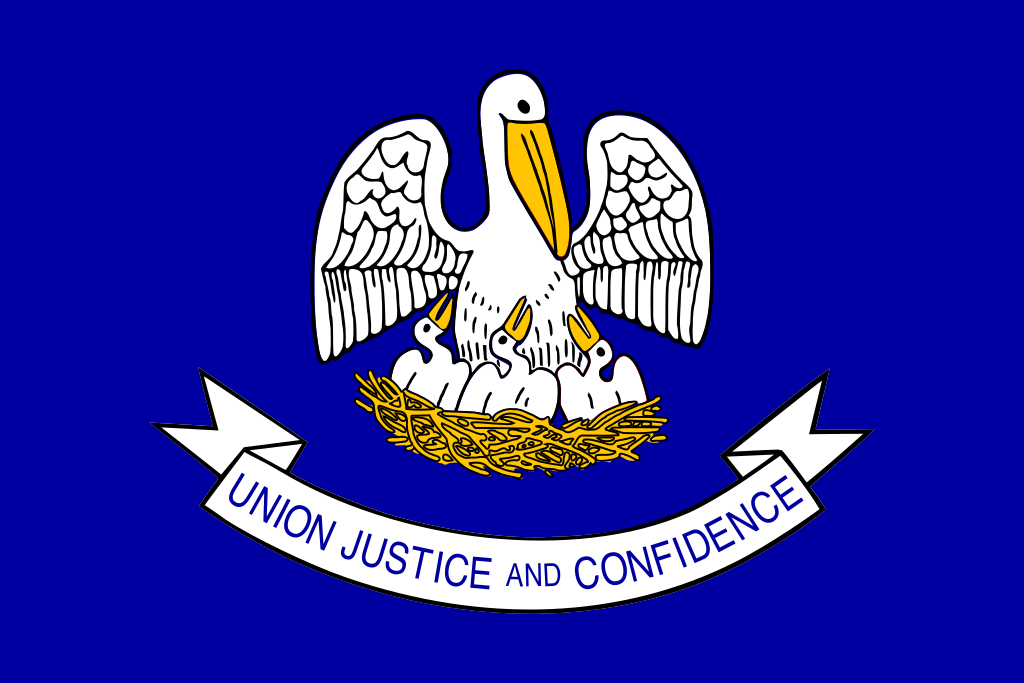Voters in Louisiana will decide on four constitutional amendments on Dec. 7. The amendments address topics related to state courts, state legislative procedures, and property tax sales. They each received support from a majority of legislative Republicans and Democrats.
Amendment 1 would make changes to the judiciary commission and discipline of judges, including:
- increasing the membership of the judiciary commission by five members;
- adding malfeasance while in office to the list of specific actions that the state supreme court can pursue disciplinary action against a judge; and
- providing that the judiciary commission is responsible for investigating and recommending disciplinary actions.
Amendment 2 would add a 48-hour waiting period before a concurrence vote on an appropriations bill. The amendment would require that the legislature wait at least 48 hours after all legislators have been given a summary detailing proposed changes to a bill before concurring in a conference committee report or in amendments to an appropriations bill. Currently, there is a requirement for legislators to wait at least 48 hours after receiving a conference committee report on an appropriations bill, but can override the requirement with a simple majority (50%+1) vote.
Amendment 3 would allow the state legislature to extend its regular session by two-day increments, up to six days, to pass appropriation bills. Currently, even-year state legislative sessions are limited to 60 legislative days over 85 calendar days. Odd-year sessions are limited to 45 legislative days over 60 calendar days. The constitution prohibits the consideration of any matter having an effect of law except a measure proposing a suspension of the law beyond the 57th legislative day or the 82nd calendar day for even-year sessions and beyond the 42nd legislative day or the 57th calendar day for odd-year sessions. Exceptions require a two-thirds vote from the elected members of each house.
Amendment 4 would require the state legislature to provide for the administration of property tax sales in state law. Currently, if property taxes on a property are not paid at the end of the year that taxes are due, the local parish government may put a lien on the property and auction it at a tax sale where they are sold to the highest bidder. The price of the bid typically starts at the amount of taxes owed plus any penalties, interest, and costs associated with the sale. Additionally, the amendment would allow the state legislature to postpone property tax payments when an emergency is declared by the governor or a parish president under the Louisiana Homeland Security and Emergency Assistance and Disaster Act.
A two-thirds vote in each legislative chamber during one legislative session is required to refer a constitutional amendment to the ballot.
From 1978 through Nov. 2024, 317 proposed amendments have been on the ballot, with voters approving 217 (68.45%).
Voters most recently approved a constitutional amendment on Nov. 5, which required federal revenue received from alternative and renewable energy production in the Outer Continental Shelf (OCS) to be deposited in the Coastal Protection and Restoration Fund.
Voters will also decide on four additional constitutional amendments at a special election on March 29, 2025.



